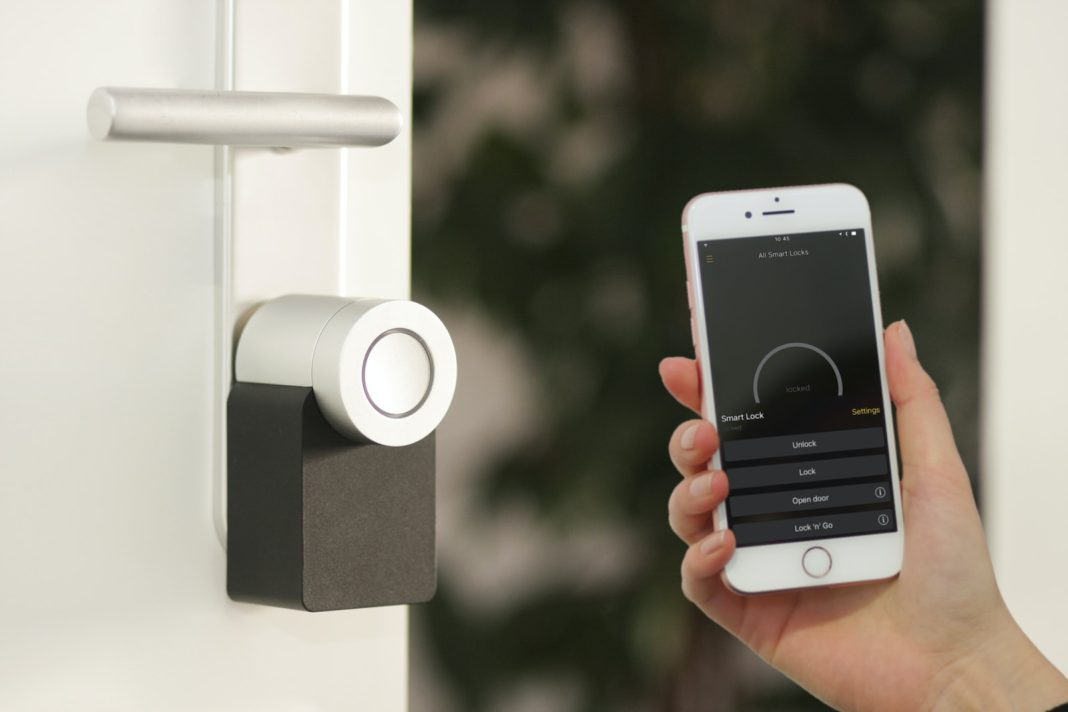Since the inception of smart gadgets a few years back, the concept of a futuristic smart home has tantalizingly drawn closer to becoming an everyday reality. With hardware, software, and use cases aligning, the Connected Standards Alliance’s (CSA) latest interoperability standard, Matter, emerges as a beacon of hope to tackle prevailing challenges in compatibility, cost, and security.
Yet, despite significant advancements in smart home communication, the present reality remains somewhat dim. Current smart homes still demand considerable manual effort for setup and maintenance, particularly for more sophisticated user capabilities such as scene creation involving multiple tasks simultaneously. As a result, most consumers settle for basic voice-assistant interactions.
The Road to an Intelligent Haven The journey towards a fully realized smart home experience remains ongoing. While many have embraced smart speakers and TVs, the number of enthusiasts managing complex multi-device setups remains limited. However, generative AI may hold the key to unlocking new levels of collaboration between users and their smart homes.
Generative AI, a novel concept, learns user behavior patterns within homes and feeds that information back into smart home management systems. Consequently, the connection shifts from transactional to collaborative, offering hunches and automation sequences that cater to individual preferences.
The Promise of AI AI’s integration into Matter-compatible smart homes holds tremendous potential to enhance personalization and accessibility. By utilizing AI’s ability to understand human behaviors and thought processes, even non-tech-savvy users could reap the benefits of a smarter home.
The Hurdles Ahead Although Matter’s growing compatibility addresses interoperability concerns, the process of setting up a comprehensive smart home is still challenging for many. Learning complex programming tools like IFTTT proves daunting to the average user, limiting the realization of a complete smart home experience.
Privacy Matters Moreover, as smart home technology progresses, privacy concerns have come to the forefront. Recent studies show that consumers fear potential breaches of their private information. Ensuring data privacy falls on smart home equipment manufacturers, who must process interactions locally to safeguard user data.
The AI Conundrum The potential of generative AI in the smart home domain faces obstacles like security, legislation, and direction. Major players in the market, such as Amazon, Apple, Google, Samsung, and CSA, have yet to take definitive stances on AI’s role in future smart homes.
The Lowdown on Matter Adoption While Matter shows promise, its adoption has been relatively slow, hampered by limited consumer awareness. Even as Matter-enabled IoT gadgets appear on store shelves, key retailers have displayed inadequate knowledge about the benefits of Matter. Only 43% of U.S. respondents in a recent online poll understood Matter’s purpose and advantages.
Hope in Unity Despite the challenges, Matter has garnered support from industry giants like Apple, Amazon, Google, and Samsung, with widespread backing from various manufacturers. An advantage lies in Matter’s backward compatibility with existing smart home devices, sparing consumers the need to replace all their gadgets.
The Future Unveiled The Matter smart home interoperability initiative’s long-term success is uncertain, but integration with AI holds the potential to elevate the smart home sector. An AI-driven smart home could become more intuitive, user-friendly, and convenient, marking the next chapter in this technological evolution.
As we look forward, the dream of an intelligent home becomes more tangible, leaving us excited about the possibilities that lie ahead.


